Filter by
Found 12368 from your keywords: subject="Generating living the...
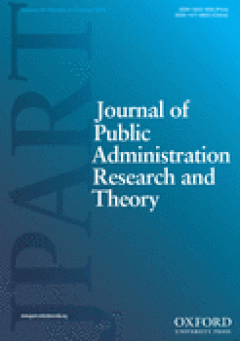
Journal of Public Administration Research and Theory, Volume 25, Number 3, Ju…
- Edition
- -
- ISBN/ISSN
- -
- Collation
- -
- Series Title
- -
- Call Number
- -
- Edition
- -
- ISBN/ISSN
- -
- Collation
- -
- Series Title
- -
- Call Number
- -

Journal of Public Administration Research and Theory, Volume 26, Number 3, Ju…
- Edition
- -
- ISBN/ISSN
- 10531858
- Collation
- -
- Series Title
- -
- Call Number
- -
- Edition
- -
- ISBN/ISSN
- 10531858
- Collation
- -
- Series Title
- -
- Call Number
- -
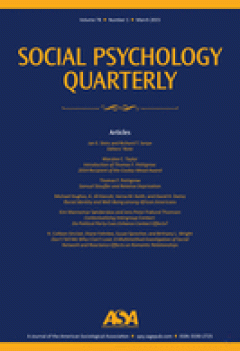
Social Psychology Quarterly, Volume 79, Number 1, March 2016
- Edition
- -
- ISBN/ISSN
- 01902725
- Collation
- -
- Series Title
- -
- Call Number
- -
- Edition
- -
- ISBN/ISSN
- 01902725
- Collation
- -
- Series Title
- -
- Call Number
- -
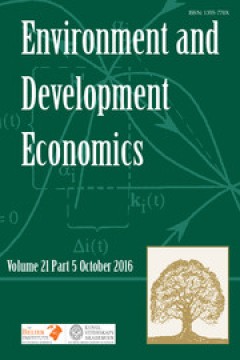
Environment and Development Economics, Volume 21, Part 2, April 2016
- Edition
- -
- ISBN/ISSN
- 1355770X
- Collation
- -
- Series Title
- -
- Call Number
- -
- Edition
- -
- ISBN/ISSN
- 1355770X
- Collation
- -
- Series Title
- -
- Call Number
- -
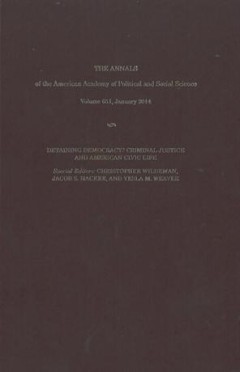
The ANNALS of the American Academy of Political and Social Science, Volume 66…
- Edition
- -
- ISBN/ISSN
- 00027162
- Collation
- -
- Series Title
- -
- Call Number
- -
- Edition
- -
- ISBN/ISSN
- 00027162
- Collation
- -
- Series Title
- -
- Call Number
- -
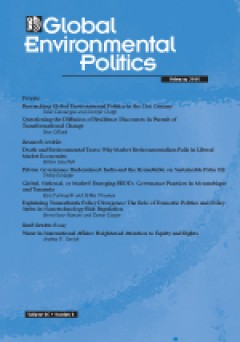
Global Environmental Politics, Volume 16, Number 1, February 2016
- Edition
- -
- ISBN/ISSN
- 15263800
- Collation
- -
- Series Title
- -
- Call Number
- -
- Edition
- -
- ISBN/ISSN
- 15263800
- Collation
- -
- Series Title
- -
- Call Number
- -
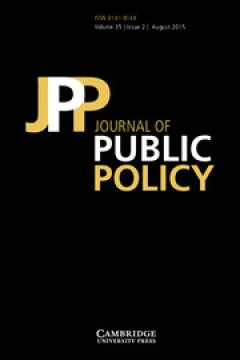
Journal of Public Policy, Volume 36, Issue 1, March 2016
- Edition
- -
- ISBN/ISSN
- 0141814X
- Collation
- -
- Series Title
- -
- Call Number
- -
- Edition
- -
- ISBN/ISSN
- 0141814X
- Collation
- -
- Series Title
- -
- Call Number
- -
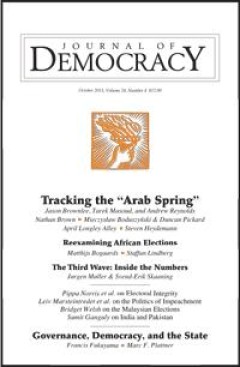
Journal of Democracy, Volume 27, Number 3, July 2016
- Edition
- -
- ISBN/ISSN
- 10455736
- Collation
- -
- Series Title
- -
- Call Number
- -
- Edition
- -
- ISBN/ISSN
- 10455736
- Collation
- -
- Series Title
- -
- Call Number
- -
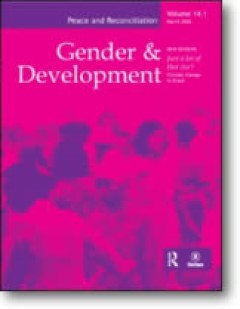
Gender & Development, Volume 24, Number 2, July 2016
- Edition
- -
- ISBN/ISSN
- 13552074
- Collation
- -
- Series Title
- -
- Call Number
- -
- Edition
- -
- ISBN/ISSN
- 13552074
- Collation
- -
- Series Title
- -
- Call Number
- -
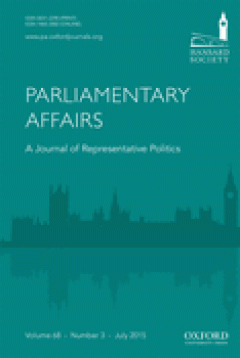
Parliamentary Affairs, Volume 69, Number 1, January 2016
- Edition
- -
- ISBN/ISSN
- 00312290
- Collation
- -
- Series Title
- -
- Call Number
- -
- Edition
- -
- ISBN/ISSN
- 00312290
- Collation
- -
- Series Title
- -
- Call Number
- -
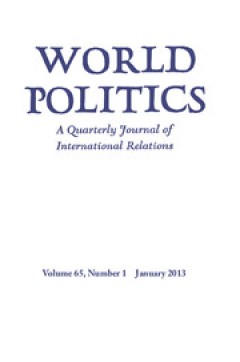
World Politics, Volume 68, NUmber 2, April 2016
- Edition
- -
- ISBN/ISSN
- 00438871
- Collation
- -
- Series Title
- -
- Call Number
- -
- Edition
- -
- ISBN/ISSN
- 00438871
- Collation
- -
- Series Title
- -
- Call Number
- -

Environment and Development Economics, Volume 21, part 4, August 2016
- Edition
- -
- ISBN/ISSN
- 1355770X
- Collation
- -
- Series Title
- -
- Call Number
- -
- Edition
- -
- ISBN/ISSN
- 1355770X
- Collation
- -
- Series Title
- -
- Call Number
- -

Social Psychology Quarterly, Volume 78, Number 4, December 2015
- Edition
- -
- ISBN/ISSN
- 01902725
- Collation
- -
- Series Title
- -
- Call Number
- -
- Edition
- -
- ISBN/ISSN
- 01902725
- Collation
- -
- Series Title
- -
- Call Number
- -
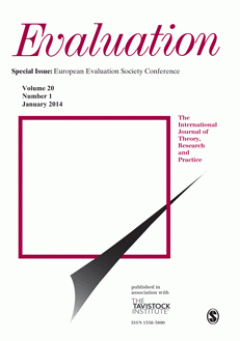
Evaluation, Volume 22, Number 1, January 2016
- Edition
- -
- ISBN/ISSN
- 13563890
- Collation
- -
- Series Title
- -
- Call Number
- -
- Edition
- -
- ISBN/ISSN
- 13563890
- Collation
- -
- Series Title
- -
- Call Number
- -
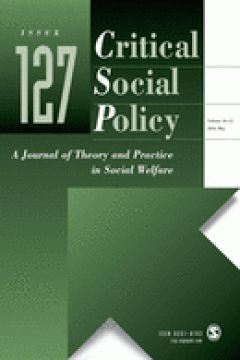
Critical Social Policy, Volume 36, Number 2, May 2016
- Edition
- Issue 127
- ISBN/ISSN
- 02610183
- Collation
- -
- Series Title
- -
- Call Number
- -
- Edition
- Issue 127
- ISBN/ISSN
- 02610183
- Collation
- -
- Series Title
- -
- Call Number
- -

Critical Social Policy, Volume 36, Number 1, February 2016
- Edition
- Issue 126
- ISBN/ISSN
- 02610183
- Collation
- -
- Series Title
- -
- Call Number
- -
- Edition
- Issue 126
- ISBN/ISSN
- 02610183
- Collation
- -
- Series Title
- -
- Call Number
- -

Gender & Society, Volume 30, Number 4, August 2016
- Edition
- -
- ISBN/ISSN
- 08912432
- Collation
- -
- Series Title
- -
- Call Number
- -
- Edition
- -
- ISBN/ISSN
- 08912432
- Collation
- -
- Series Title
- -
- Call Number
- -

Gender & Society, Volume 30, Number 1, February 2016
- Edition
- -
- ISBN/ISSN
- 08912432
- Collation
- -
- Series Title
- -
- Call Number
- -
- Edition
- -
- ISBN/ISSN
- 08912432
- Collation
- -
- Series Title
- -
- Call Number
- -

Gender & Society, Volume 30, Number 2, April 2016
- Edition
- -
- ISBN/ISSN
- 08912432
- Collation
- -
- Series Title
- -
- Call Number
- -
- Edition
- -
- ISBN/ISSN
- 08912432
- Collation
- -
- Series Title
- -
- Call Number
- -
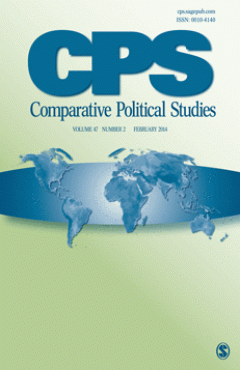
Comparative Political Studies, Volume 49, Number 11, September 2016
- Edition
- -
- ISBN/ISSN
- 0010-4140
- Collation
- -
- Series Title
- -
- Call Number
- -
- Edition
- -
- ISBN/ISSN
- 0010-4140
- Collation
- -
- Series Title
- -
- Call Number
- -
 Computer Science, Information & General Works
Computer Science, Information & General Works  Philosophy & Psychology
Philosophy & Psychology  Religion
Religion  Social Sciences
Social Sciences  Language
Language  Pure Science
Pure Science  Applied Sciences
Applied Sciences  Art & Recreation
Art & Recreation  Literature
Literature  History & Geography
History & Geography